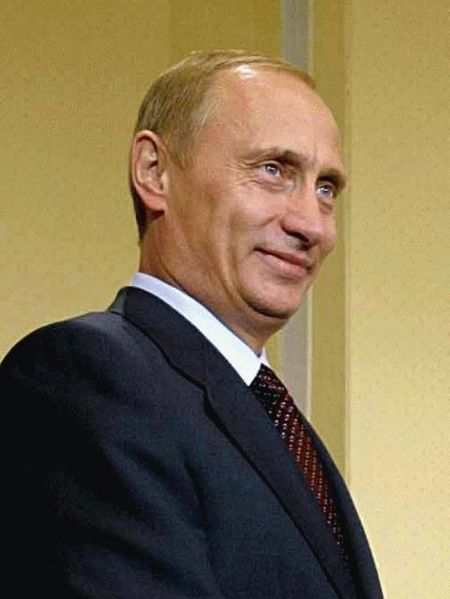Forum Rules (Everyone Must Read!!!)
1] What you CAN NOT post.
You agree, through your use of this service, that you will not use this forum to post any material which is:
- abusive
- vulgar
- hateful
- harassing
- personal attacks
- obscene
You also may not:
- post images that are too large (max is 500*500px)
- post any copyrighted material unless the copyright is owned by you or cited properly.
- post in UPPER CASE, which is considered yelling
- post messages which insult the Armenians, Armenian culture, traditions, etc
- post racist or other intentionally insensitive material that insults or attacks another culture (including Turks)
The Ankap thread is excluded from the strict rules because that place is more relaxed and you can vent and engage in light insults and humor. Notice it's not a blank ticket, but just a place to vent. If you go into the Ankap thread, you enter at your own risk of being clowned on.
What you PROBABLY SHOULD NOT post...
Do not post information that you will regret putting out in public. This site comes up on Google, is cached, and all of that, so be aware of that as you post. Do not ask the staff to go through and delete things that you regret making available on the web for all to see because we will not do it. Think before you post!
2] Use descriptive subject lines & research your post. This means use the SEARCH.
This reduces the chances of double-posting and it also makes it easier for people to see what they do/don't want to read. Using the search function will identify existing threads on the topic so we do not have multiple threads on the same topic.
3] Keep the focus.
Each forum has a focus on a certain topic. Questions outside the scope of a certain forum will either be moved to the appropriate forum, closed, or simply be deleted. Please post your topic in the most appropriate forum. Users that keep doing this will be warned, then banned.
4] Behave as you would in a public location.
This forum is no different than a public place. Behave yourself and act like a decent human being (i.e. be respectful). If you're unable to do so, you're not welcome here and will be made to leave.
5] Respect the authority of moderators/admins.
Public discussions of moderator/admin actions are not allowed on the forum. It is also prohibited to protest moderator actions in titles, avatars, and signatures. If you don't like something that a moderator did, PM or email the moderator and try your best to resolve the problem or difference in private.
6] Promotion of sites or products is not permitted.
Advertisements are not allowed in this venue. No blatant advertising or solicitations of or for business is prohibited.
This includes, but not limited to, personal resumes and links to products or
services with which the poster is affiliated, whether or not a fee is charged
for the product or service. Spamming, in which a user posts the same message repeatedly, is also prohibited.
7] We retain the right to remove any posts and/or Members for any reason, without prior notice.
- PLEASE READ -
Members are welcome to read posts and though we encourage your active participation in the forum, it is not required. If you do participate by posting, however, we expect that on the whole you contribute something to the forum. This means that the bulk of your posts should not be in "fun" threads (e.g. Ankap, Keep & Kill, This or That, etc.). Further, while occasionally it is appropriate to simply voice your agreement or approval, not all of your posts should be of this variety: "LOL Member213!" "I agree."
If it is evident that a member is simply posting for the sake of posting, they will be removed.
8] These Rules & Guidelines may be amended at any time. (last update September 17, 2009)
If you believe an individual is repeatedly breaking the rules, please report to admin/moderator.










Comment